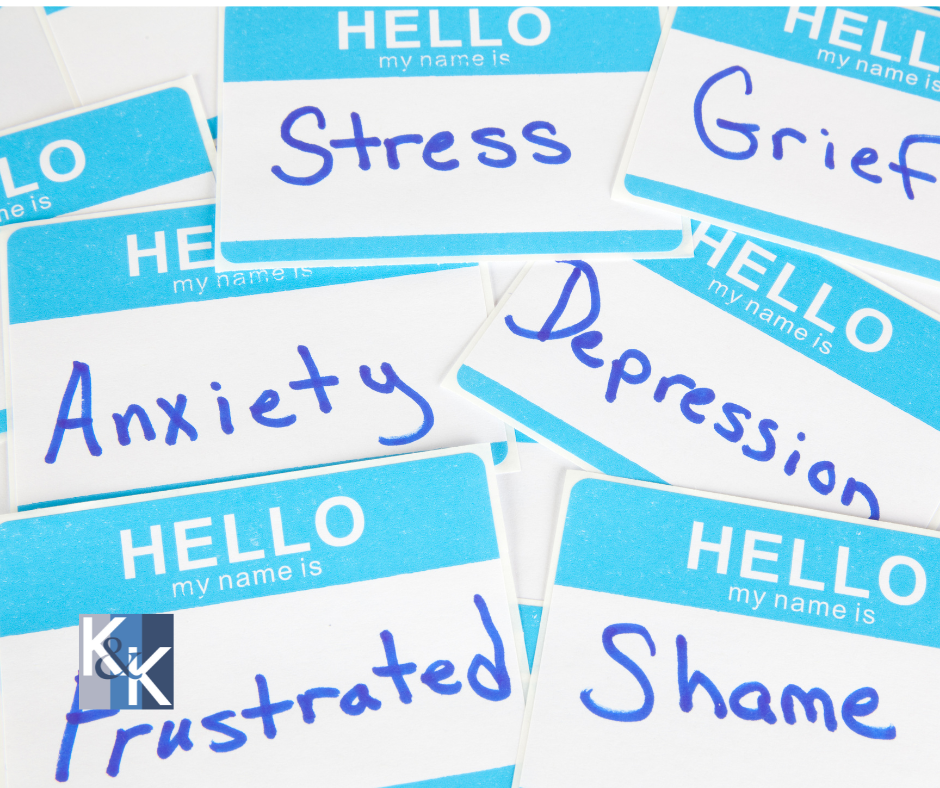
This year Mental Illness Awareness Weeks runs from October 4th through October 10th. The theme of this year’s Mental Illness Awareness Week is “What People with Mental Illness Want You to Know.” Throughout the week, Kantor & Kantor will be sharing and highlighting different voices of people affected by mental illness (patients, family members, medical professionals, and attorneys) on our firm’s website and blog.
Mental illness is a real and treatable set of conditions that includes major depression, bipolar disorder, eating disorders, panic attacks, generalized anxiety disorder, attention deficit hyperactivity disorder, and schizophrenia, among dozens of others. These disorders are serious enough to significantly impact a person’s daily life functioning, whether at school, work or in their relationships with others. Mental illness has no boundaries and affects people of all genders, all races, all ages, and all demographics.
- 1 in 5 U.S. adults experience mental illness each year
- 1 in 25 U.S. adults experience serious mental illness each year
- 1 in 6 U.S. youth aged 6-17 experience a mental health disorder each year
- 50% of all lifetime mental illness begins by age 14, and 75% by age 24
- Suicide is the 2nd leading cause of death among people aged 10-34
2020 has been a difficult and trying year for everyone. The COVID-19 pandemic and the resulting economic recession have negatively affected many people’s mental health and created new barriers for people already suffering from mental illness and substance use disorders. Social distancing, quarantine, job loss, and isolation can be overwhelming for adults and children. As a result of the COVID-19 pandemic, people are experiencing stress, anxiety, fear, sadness, and loneliness. And mental health disorders, including anxiety, PTSD, obsessive compulsive disorder, and depression, have been on the rise.
The COVID-19 pandemic is likely to have both long- and short-term implications for mental health and substance use, particularly for groups likely at risk of new or exacerbated mental health struggles. Recognizing the mental health implications of the COVID-19 pandemic, the World Health Organization released a list of considerations to address the mental well-being of the general population and specific, high-risk groups.
The CDC has also shared information and recommendations regarding stress and coping in its online COVID-19 resources. Additionally, the National Institute on Drug Abuse has noted that while little is known about COVID-19 in relation to substance use, there are potential associations between severe COVID-19 and substance use disorder. The Substance Abuse and Mental Health Services Administration (SAMHSA) has also provided resources and recommendations to address mental health and substance use disorders during the pandemic.
As advocates and allies in the battle for equal access to treatment for all mental illnesses, we believe that together we can help fight stigma, inspire others, and educate the broader public. We hope that as you read “Voices of Mental Illness” you will be inspired to take action, learn more, support people around you, and seek help if you need it. You are not alone; we are all in this together.

